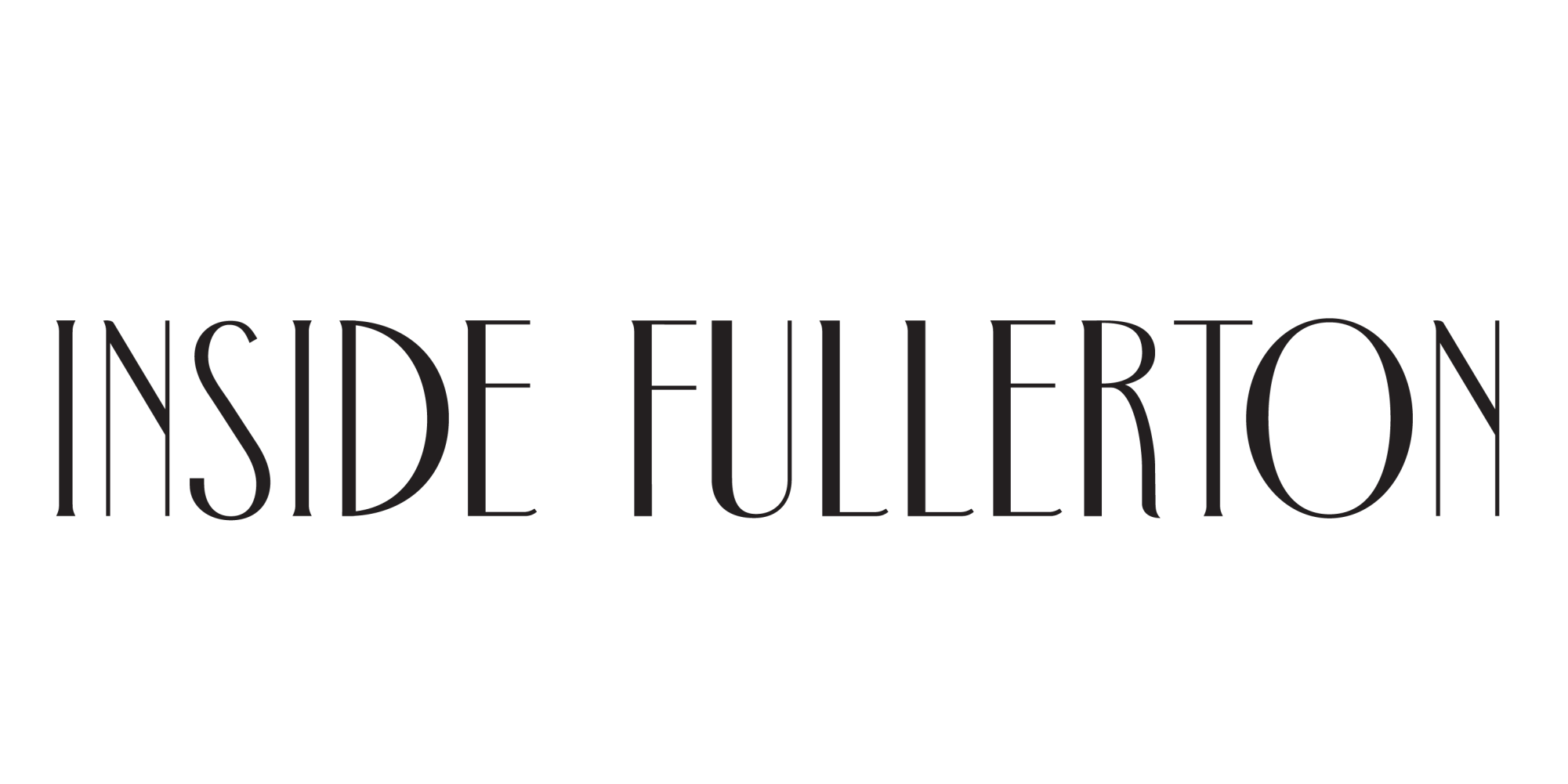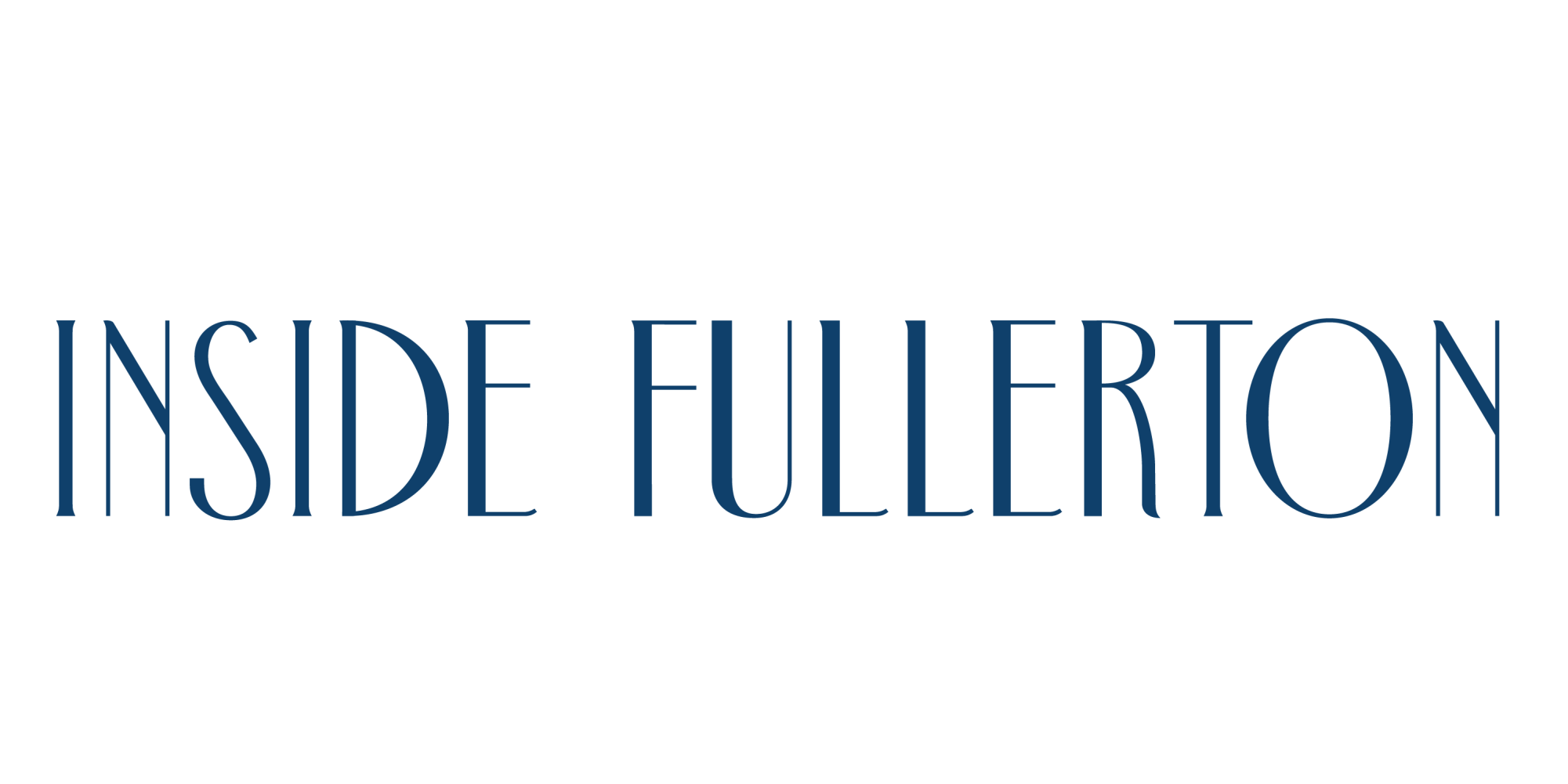It seems like this sentence could have been written in 2024, when culture and politics have become more divisive than ever in our country: “Our nation is yearning for love and community. People want to know how we can live deeper, meaningful lives—so the question becomes, ‘if we think this, if this is at the core of our beliefs, why are we not living it out in our actions?’”
But it was written in the year 2000, by author bell hooks in her seminal series of books on love. Perhaps there will be a time when this doesn’t ring true, a time when we all feel a sense of love and community. But for now, we can create that for ourselves—and reading this book is the best way to start.
“All About Love: New Visions” was published by well renowned literary novelist, bell hooks. hooks passed away in 2021 at 69 years old. After 24 years of publishing, young people across social media platforms are discovering hooks’ insightful ways of thinking, specifically with this book. Readers who are looking to nurture their own relationship with themselves and their community should invest their time with hooks.
hooks’ name is noticeably not capitalized in this book or any of her other works. When hooks was addressed about this choice in her pen name, she said that the choice of lower case is meant for the readers to focus on the “substance of the books”—not on her. She received her Bachelor of Arts in English and literature from Stanford University in 1973, her Master of Arts from the University of Wisconsin in 1976 and her doctorate from the University of California Santa Cruz in 1983. hooks wrote an estimated 40 books in her lifetime, primarily analyzing the intersecting mechanisms of racial inequity, history, feminism, the harm of capitalism, patriarchy and love.
In “All About Love: New Visions,” hooks dissects society’s concept of love—namely, the misconceptions love has molded into. The pull of this book is her brilliant duality as a writer revealing the falsity of our categorical thinking separating emotions from logic. hooks bonded fragments of her personal story and educational experience as a poet, novelist, and professor to write a highly academic literary novel with style that spoke more directly to readers as if hooks were a dear friend.
The first section of this book is titled “Clarity: Give Love Words.” In this section, hooks investigates the evidential limitations of love’s expression, pertaining to the ignorance about what love is and therefore how to love. hooks references psychiatrist M. Scott Peck’s book to mold a definition of love in hopes for it to be applicable to all readers. Peck’s definition of love is “the will to extend one’s self for the purpose of nurturing one’s own or another spiritual growth.” And throughout the book, hooks references authors of philosophy, literature and psychology to further most of her claims.
A review on this book from The Black Book Blog said, “It’s within the first couple of pages that she reminds you that love is more than just a feeling… it is an action.” The quote the writer is referring to reads as follows, “We do not have to love. We choose to love.” hooks then furthers this idea of having an intentional choice of love. With this choice, we can choose to accept love or lovelessness in our lives. It is up to us to determine if we choose to nurture ourselves and our community—in the name of love.
In 1999, the late journalist John Siegenthaler had the honor to interview hooks. They discussed the harm of lovelessness and neglect on youth and how this follows people later into their lives. hooks found that the result of neglect and lovelessness is the acceptance of society’s refusal to understand the complexities of love. “We are not allowed to talk about not being loved in our culture, we are made to feel that everybody knows love.” How can we know love if we don’t nurture our understanding of it? hooks, however, is sympathetically aware of the overwhelming miscommunication of love on an individual level and a societal level. hooks does a worthy job of being our guidepost to love.
This book is not a “fun” read—however, to say the least, it transformed my interpretation of my past. It’s a book that allows its readers to think vulnerably and invites its readers to feel openly. I would advise readers to read privately unless you feel okay to be vulnerable in public. Once you decide to pick it up, be prepared to be consumed. Keep a notebook next to you and lots of sticky notes handy, because the wisdom this book provides may make you come back to the text again and again. As your spirit grows and you drift between relationships with lovers, friends and yourself, hooks is there to understand. If you’re looking to know love, get to know hooks.
Taken from the Summer 2024 print issue of Inside Fullerton. Read it here.



